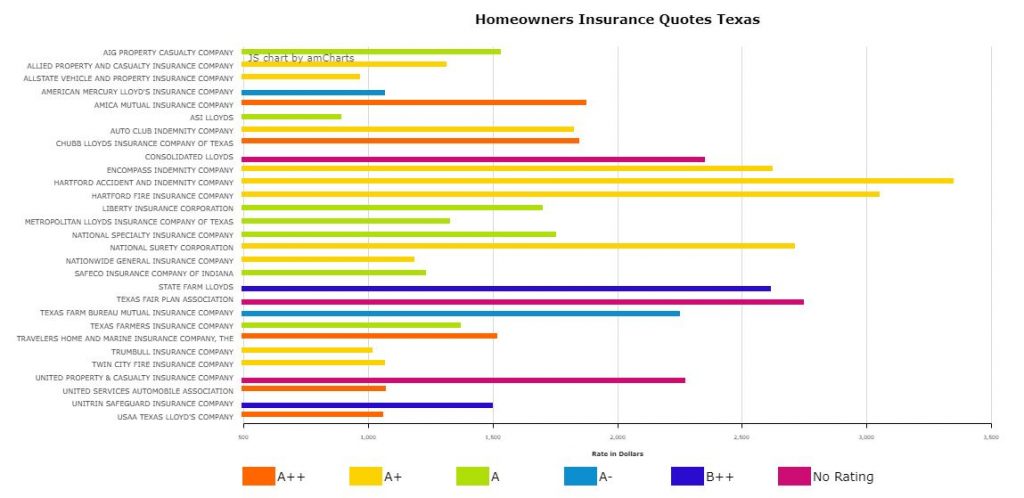
If you're deciding whether to buy travel insurance, it is important to know that some policies don't cover pandemics. These events may not be covered by others until they are declared. To learn more, you should read the policy documentation. However, if you are unsure, it is best to opt for comprehensive travel insurance. It is also a good idea choose a policy offering Cancel For Any Reason coverage.
Cancel anytime
Standard travel insurance policies do not cover pandemics or epidemics. Travelers who don't purchase the optional "Cancel For Any Reason" coverage won't likely be able to recover costs associated with a pandemic. In addition, "cancel for any reason" coverage does not qualify as insurance in New York state because it doesn't trigger a specific event. Insurers can still comply with the law if they prove that the benefit is related to an "authorized company."
Many insurance providers have recently added "COVID-19", a pandemic, to their travel insurance policies. However, travelers need to be certified by a medical practitioner in order to receive this coverage. Also, "I'm afraid I will travel" coverage is not included. Cancel for Any Reason coverage could allow travelers to receive 50-75% reimbursement for their trip costs. This coverage is very time-sensitive. Cancel for any reason must be cancelled at least 2 days before departure to qualify.
Standard trip cancellation policy
A few standard travel insurance policies will not cover travel expenses if there is a pandemic. This coverage can only be added to your policy if you upgrade. The upgrade covers up to 25% of non-refundable costs and costs approximately 40 percent more than the standard plan. This is a good option if you are concerned about an impending pandemic.

Check your policy carefully to ensure that pandemic coverage has been included. You can also check your policy to see what other mishaps might be excluded. Also, ensure that your policy limits provide enough coverage to cover costs incurred by other mishaps. Also, ensure that your policy covers transportation and emergency evacuation in the event of an emergency.
Cancellation due to fear of travel
In general, travel insurance policies won't cover cancellations for fear of pandemics. However, some companies have relaxed their policy requirements. Under the optional Cancel Any Reason benefit, 50-75% can be claimed if you are ill and cancel your trip. You must act fast to be eligible for this benefit. You can cancel up to 2 days in advance of your departure to get this benefit.
Standard travel insurance policies usually do not cover cancellations for pandemics or epidemics. You won't be covered if you cancel for fear of travel. Travelers need to be aware that there may be many reasons to cancel their trip. It is possible to cancel a trip because of cancellations on airline flights or cruise ship suspensions.
Waiver of pre-existing conditions
You may be concerned about the possibility of getting sick or hurt while traveling, especially if you have pre-existing conditions. You may not be covered by most travel policies, but you may be able to get a waiver if you have a chronic disease.
This type of waiver allows you to avoid paying a high premium if you already have a medical condition. If you have been suffering from a disease or other health problem for more than 60 days, you can get a waiver of pre-existing condition. Make sure you check your medical records to ensure your policy covers these types of illnesses.

Cancellation coverage for COVID-19
It is important to have travel insurance if you're traveling to a place affected by Covid-19. Some insurance policies cover trip cancellations for certain illnesses. Others will cover quarantine costs. Whether you're traveling for business or pleasure, it's important to find out what your specific coverage is.
Insurance policies often exclude loss from epidemics. If you are unsure, ask your provider for cancellation coverage. The amount of coverage you have and your policy limits will affect the answer. COVID-19 is not covered by some plans. Others may offer coverage if such events are covered by a joint private-public initiative.